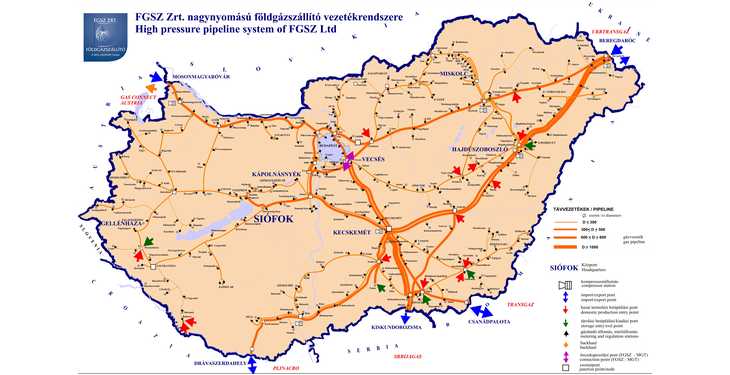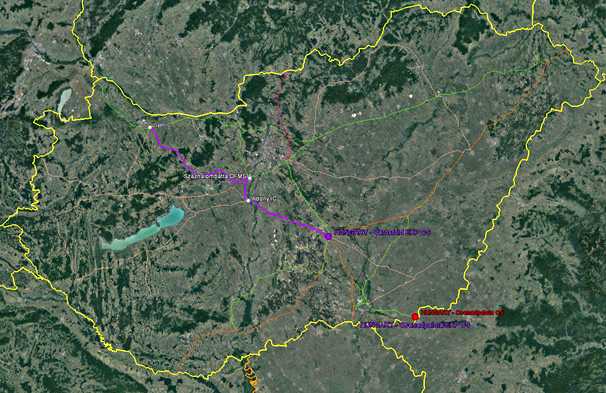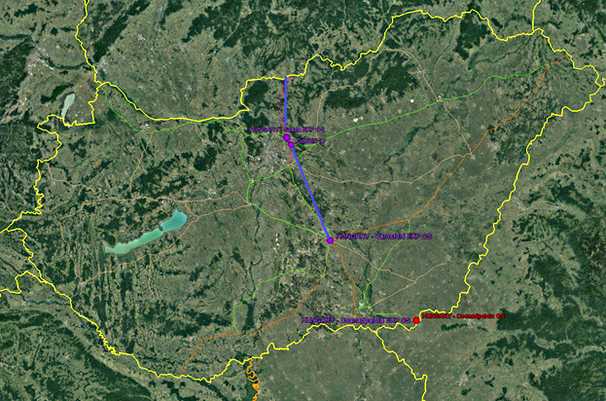Dumitru Chisăliţă
The construction of monofilar national transport systems is no longer an option to develop the national transport systems of a highly dynamic XXI century, with continuous political, strategic, economic etc. positioning and repositioning. The construction of star systems with multiple inputs and outputs, in different directions, is the solution that creates the possibility of a rapid response to the volatility on this market.
If we analyze the philosophy behind transport systems developed over the last 20 years, we see that stellar systems with multiple interconnections, as well as flexibility for rapid and massive changes in any gas transport flows, were the preferred ones. Along with Germany, Austria, Slovakia, Hungary also, resorted to this technique.
Hungary has chosen to play its national interest very well, even risking some sanctions for its withdrawal from some international agreements. It chose to get out of Nabucco first when it realized that this move is making gains, chose to allow Nabucco to sell the project know-how and chose to withdraw from BRUA when it realized it had the chance to win more much leaving this project than staying in it.
We have two maps containing the development plans for the Hungarian transport system below, according to MEKH-ANRE HU, pre- and post- time of the announcement of Hungary’s withdrawal from BRUA (August 1st 2017).
Prior to 1.08.2017 (Google Earth Extract)
Subsequent to 1.08.2017 (Google Earth Extract)
Hungary played treacherous but intelligent (for its own interests); waited until the auctions for BRUA ST1 were concluded (or almost concluded) in Romania and then changed the switch, proposing the development of a star transport system in Hungary, at the expense of a monofilar system, such as BRUA, because:
- it has limited the actions of a major potential competitor in the region on the natural gas market;
- wants to play a more prominent role in Eastern Europe, not just the one of a country of transit, by an active involvement in gas trading (MOL, the Hungarian state-owned company has trading facilities in almost all European countries, including Turkey, MOL Romania ranked 10th on the Romanian gas market),
- has “liberated” the old Nabucco corridor to Austria, which is thus free for other projects (South Stream).
We have seen what the reasons for this move have been, but why have they risked an EU scandal?
Answer: Because it can afford it. Hungary is a country that:
- has many representatives at the different levels of the Council of Europe and the European Parliament
- between Eastern European countries has had the greatest involvement of the people at the level of all European institutions and today has very active people, very well-seen, with an important word at European level
- has a very efficient diplomacy
- has developed multiple lobbying tools at Brussels leveli
astfel încât, în totală opoziție cu România care nu are aproape nimic din toate acestea, probabil, a considerat că riscul este mult prea mic, ca urmare și l-a asumat.


